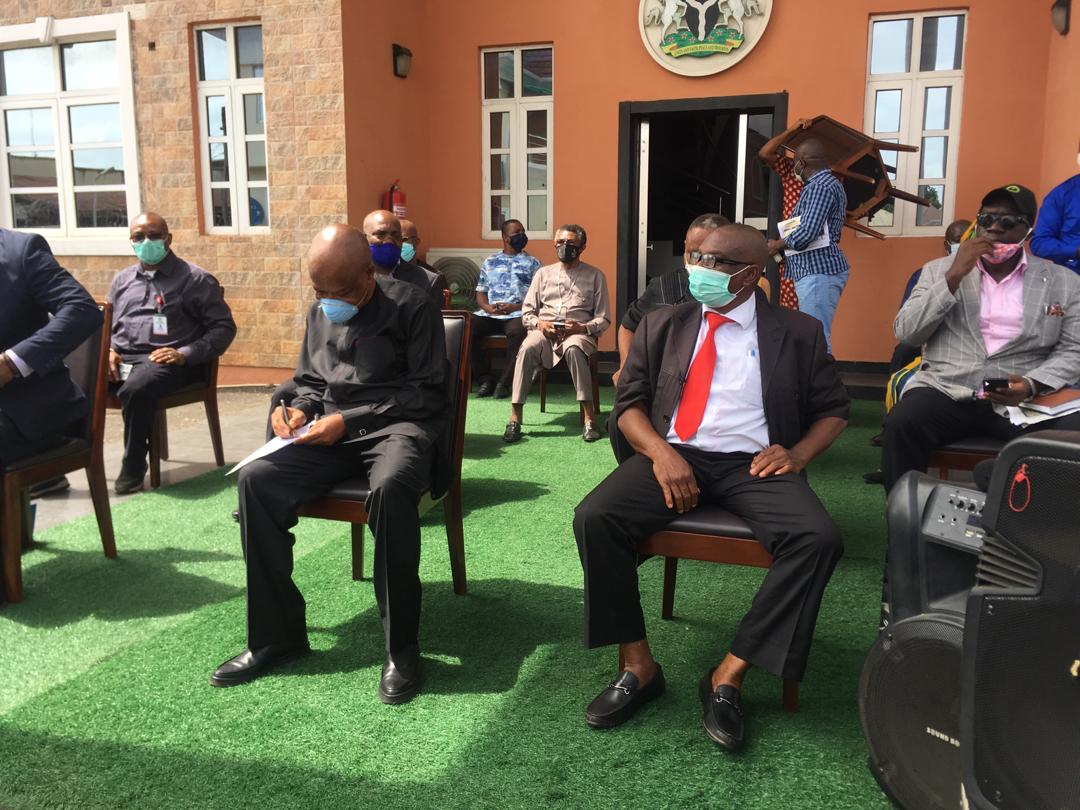By Jennifer John
Imo State House of Assembly will remain under lock and key for at least two weeks, to give room for total fumigation of the Assembly Complex, following the report that a lawmaker has contracted the coronavirus.
This was disclosed was by the Chairman of Imo State COVID-19 Taskforce, Prof. Maurice Iwu, during the weekly press briefing of the committee.
Giving further insight on the status of the pandemic in Imo, Iwu disclosed that the state has intensified screening for the pandemic. He informed that 760 samples have been tested so far with 100 positive cases of which 92 was active, 43 discharged and one death, being a woman who was successfully delivered of a set of twins.
On the state of the Imo House of Assembly, the Taskforce Chairman said the House member who contracted the virus and his wife have been put in isolation.
Prof. Iwu disclosed that the committee has, as a result, collected samples of all House members and their aides for testing, saying that the outcome of the tests will determine whether the committee will embark on contact tracing in connection to the index cases.
He said members of the House were expected to use the opportunity for self isolation and observation.
Responding to questions from newsmen, Prof Iwu disclosed that four persons each are currently isolated at FMC and WODDI isolation centres, among others, adding that there is provision to isolate people in private isolation centres.
On measures to totally eradicate the virus, he urged Imo residents to keep observing all the guidelines and stipulated protocols. He said the need to guarantee social harmony was instrumental to the easing of the lockdown by government and also reemphasized on the most vulnerable group to the virus which include people of 65 years and above, those with underlying health conditions and medical personnels who come in contact with different types of patients.

